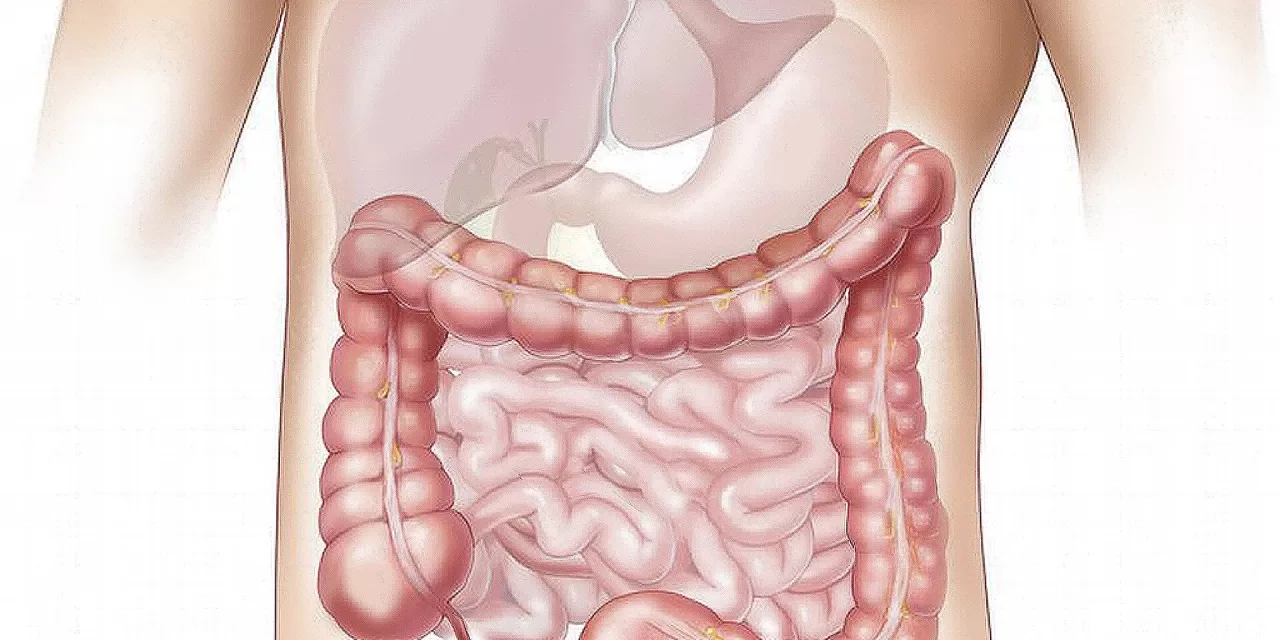In recent years, scientific advancements have revealed that the tiny microbes residing in our gut, which weigh around two kilos, play an essential role in regulating various bodily functions far beyond digestion. Researchers Åsa Håkansson and Frida Fåk Hållenius from Lund University in Sweden have shared their latest findings on how gut microbiota impacts mood, immunity, and overall health.
A Communication Hub for the Body
Initially, gut bacteria were primarily seen as agents of digestion, helping break down food for nutrient absorption. However, research has now shown that these microbes act as a communication center. Through the breakdown of food, gut bacteria produce satiety hormones and other substances, which are sent to other parts of the body via the nervous system or bloodstream. Astonishingly, around 80% of the immune system resides in and around the gut, highlighting its critical role in maintaining health.
In addition to digestion and immunity, gut bacteria have been linked to various diseases. Studies have found that people suffering from conditions such as Alzheimer’s disease and diabetes often show abnormal gut bacteria compositions, prompting investigations into whether dietary changes could mitigate symptoms.
The Gut-Brain Connection
One of the most intriguing discoveries in recent years is the connection between gut microbiota and mood. It is now understood that around 90% of the body’s serotonin, the hormone responsible for regulating mood and sleep, is produced in the gut. Stress and poor lifestyle choices, including sedentary behavior, can disrupt the balance of gut bacteria, potentially leading to mood disorders. On the other hand, regular exercise and a balanced diet can promote a healthier gut microbiota, benefiting both physical and mental well-being.
Technological Advancements and the Gut Microbiota
The rapid development of technology has allowed researchers to perform large-scale data analyses, advancing our understanding of gut microbiota. Although there is a wealth of new findings, experts agree that there is still much to uncover. One of the key takeaways from recent research is that our gut microbiota is both unique and adaptable. The bacterial composition of our gut stabilizes during early childhood and is influenced by factors such as diet, lifestyle, and genetics. Though changes in diet can quickly alter the composition of gut bacteria, these changes often revert once the diet returns to normal.
Personalized Diets: The Next Frontier
The latest studies also suggest that some individuals may experience greater health benefits from certain foods depending on their unique gut bacteria. For instance, an apple may be more beneficial for one person, while another might gain more benefits from eating legumes. This variability paves the way for future personalized dietary recommendations based on an individual’s specific gut microbiota. However, researchers caution that the science is still developing, and such individualized guidance is not yet available.
Gut Microbiota and Mental Health
Emerging research also links gut microbiota with mental health conditions like ADHD, schizophrenia, and autism. While more studies are needed to establish causal relationships, animal studies suggest that improving gut health could alleviate symptoms of social impairment and anxiety. Clinical trials are underway to explore whether diet and gut microbiota modifications could play a role in treating depression, autism, and other mental health conditions.
The Role of Probiotics
Probiotic supplements, often containing lactobacilli and bifidobacteria, have gained popularity in recent years. While some studies support the benefits of probiotics, not all products on the market are backed by robust scientific evidence. Experts recommend choosing products with proven health claims, supported by independent research, to ensure their effectiveness.
Key Takeaways
- Gut microbiota is not only essential for digestion but also plays a crucial role in immunity, mood regulation, and even disease development.
- A healthy gut microbiota is characterized by diversity, which helps protect against harmful bacteria.
- Diet and lifestyle choices significantly influence gut health, and changes in diet can produce rapid alterations in microbiota composition.
- Personalized dietary recommendations based on gut microbiota are an exciting future possibility but are not yet feasible.
- Probiotics may offer benefits, but it’s essential to choose scientifically-backed products.
Disclaimer: The findings outlined in this article are based on current research and may evolve as further studies are conducted. Always consult with a healthcare professional before making any significant dietary changes or starting probiotic supplements.











